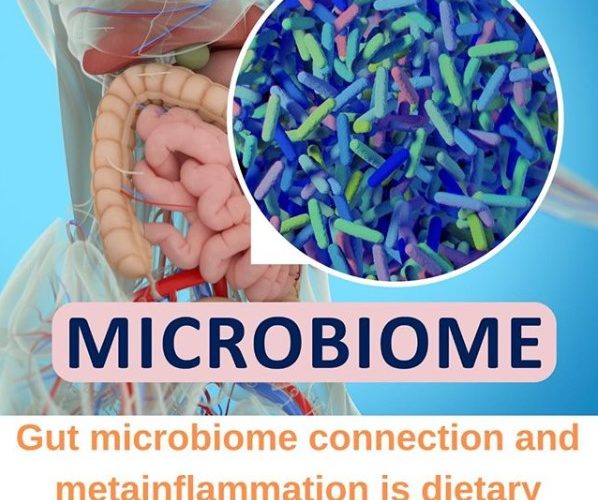A change in diet should be the first step for treating inflammatory bowel diseases, like Crohn’s and other human inflammatory bowel diseases (IBD). This is quite similar to canine chronic enteropathy (CE). In a study published in Microbiome, researchers investigated the connection between a prescription diet, the gut microbiome, and successful entry into disease remission in pet dogs.
They used genetic sequencing techniques, to catalog the microbes present in the stool.
They discovered the key features of the microbiome and associated metabolic products which contained elevated secondary bile acids that appeared only in dogs that entered disease remission, a type of bacteria (Clostridium hiranonis) that produces these compounds.
Taking the secondary bile acids found to be associated with remission, the researchers applied them to the E. coli and C. perfringens grown from the sick dogs and found the bile acids inhibited their growth.
They also gave C. hiranonis from the dogs to mice with inflammatory bowel disorder to see if the bacteria could reduce disease in a different animal model.
And comparing the impact of diet on the dog’s microbiome with that seen during diet therapy in children with Crohn’s, the study team found similarities, with elevations in Clostridium scindens, which, like C. hiranonis, is a potent producer of secondary bile acids.
Diet-induced remission in chronic enteropathy is associated with altered microbial community structure and synthesis of secondary bile acids. Microbiome, 2019; 7 (1).






